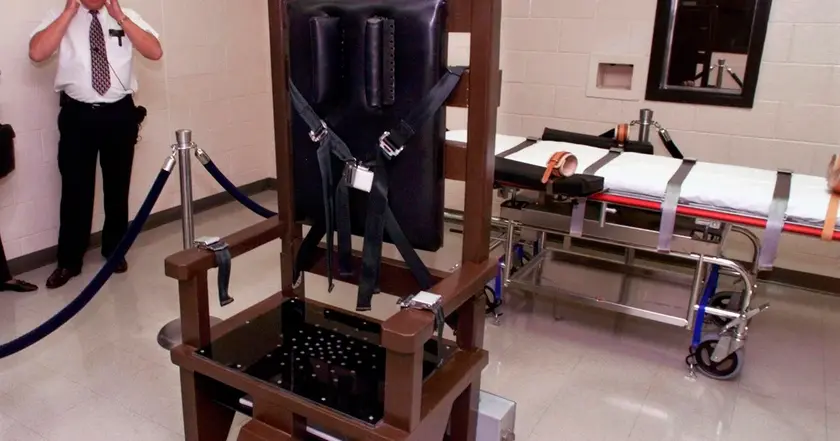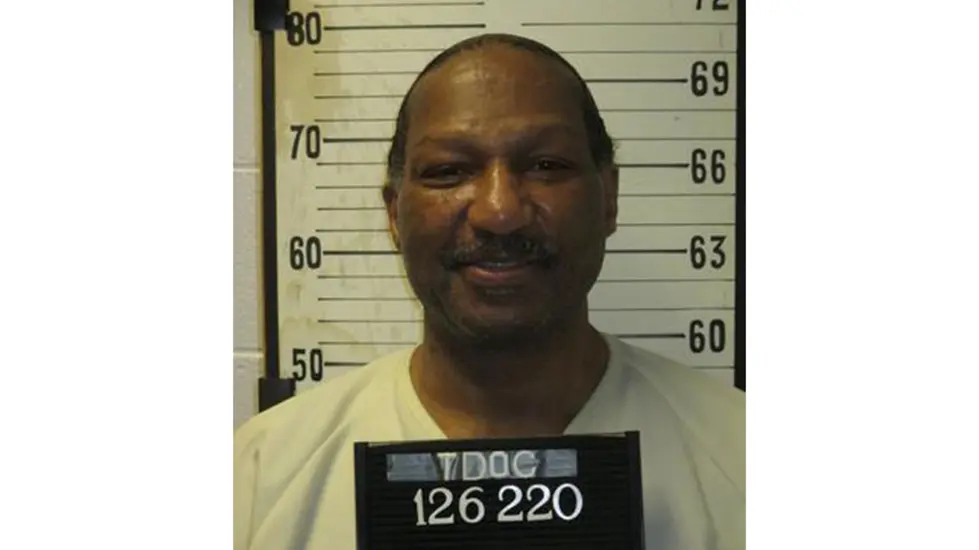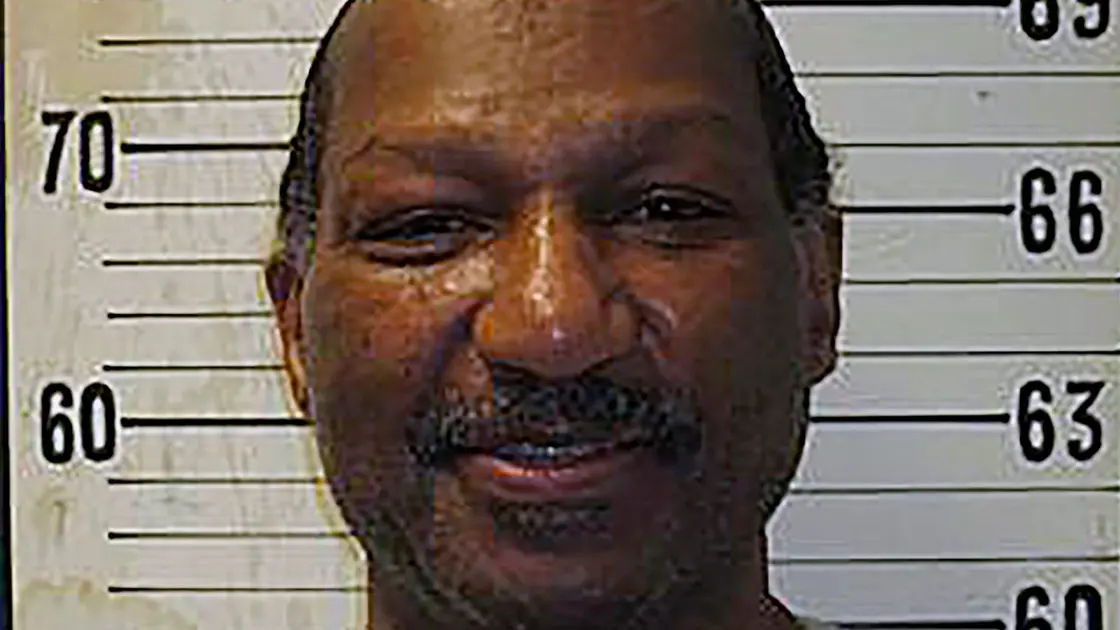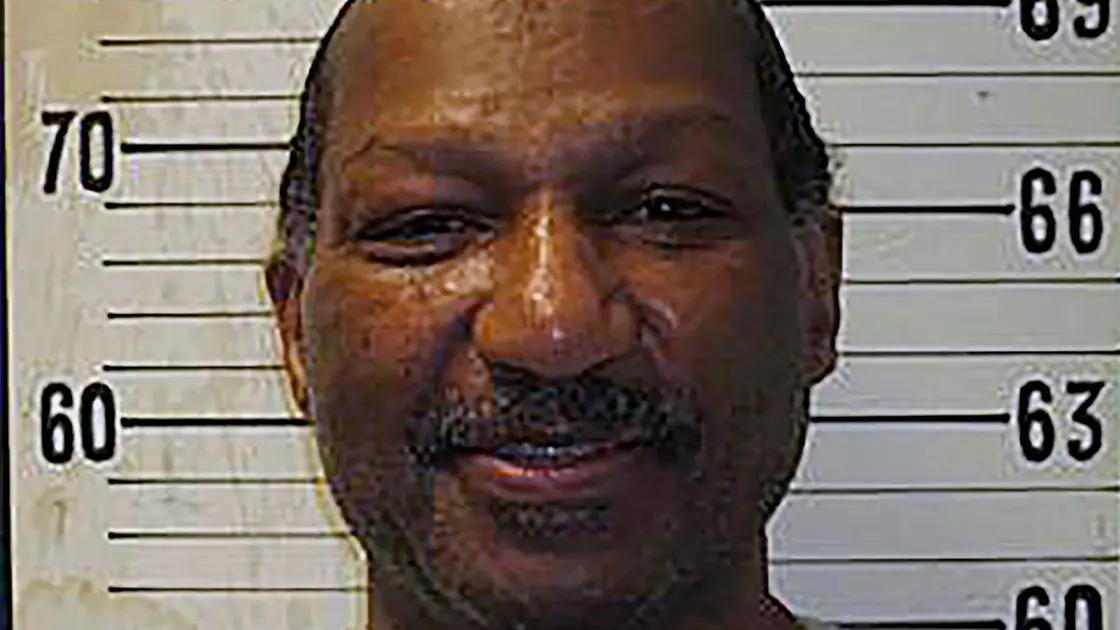T4K3.news
Tennessee inmate executed despite health concerns
Byron Black experienced pain during his execution, sparking controversy over legal processes.

Byron Black faced execution despite concerns about his defibrillator.
Tennessee execution raises serious questions about legality and ethics
Byron Black, a Tennessee inmate, was executed despite ongoing debates about the risks associated with his implanted defibrillator. During the lethal injection, witnesses reported that Black expressed pain and discomfort, contradicting the state’s assurances that he would not feel any sensation from his device. His execution proceeded even after a court determined it should have been disabled to prevent unnecessary suffering. Black's attorney criticized the execution as a breach of ethics and a violation of humane treatment, while prison officials have not addressed the witnesses' accounts of his distress. This incident has ignited discussions about the legality of executing individuals with serious medical issues, especially those with intellectual disabilities.
Key Takeaways
"Oh, it's hurting so bad"
Witnesses heard Black express pain as the execution proceeded.
"The state of Tennessee killed a gentle, kind, fragile man"
Black's attorney condemned the execution as ethically wrong.
"His family is now going through the same thing we went through 37 years ago"
Angela Clay's sister spoke about the emotional toll on both families.
"Participation in executions is a violation of healthcare ethics"
Highlighting the medical community's stance on executions raises ethical implications.
Black's execution highlights a troubling conflict between law and ethics in capital punishment cases. The state's decision not to deactivate the defibrillator raises pivotal questions about the responsibilities of officials during execution procedures. Furthermore, Black's situation softens the societal narrative around the death penalty, particularly regarding its application to those with severe health conditions and intellectual disabilities. As debates about the morality of capital punishment gain traction, this case could be pivotal in reshaping policies around executions in Tennessee and beyond.
Highlights
- Crying out in pain, Byron Black highlighted the flaws in our execution methods.
- Executing a man with a defibrillator raises stark ethical concerns.
- Captain of decisions, yet powerless in pain, Byron Black's last moments haunt us.
- Did the state prioritize law over ethical treatment in Byron Black's execution?
Execution raises ethical and legal risks
The execution of Byron Black has sparked significant controversy regarding the ethical implications of executing individuals with medical devices, especially in light of his health conditions. The legal system's decision to proceed with the execution despite these concerns may face backlash from advocacy groups and the public.
The implications of this execution may reshape future legal and ethical standards in capital punishment.
Enjoyed this? Let your friends know!
Related News

Tennessee executes Byron Black despite health concerns

Tennessee moves forward with controversial execution

Tennessee executes inmate amid health concerns

Tennessee executes Byron Black amid health concerns

Tennessee prepares for execution of Byron Black with medical concerns

Tennessee executes Byron Black despite health risks

Byron Black executed while having working defibrillator

Byron Black to be executed with working defibrillator
